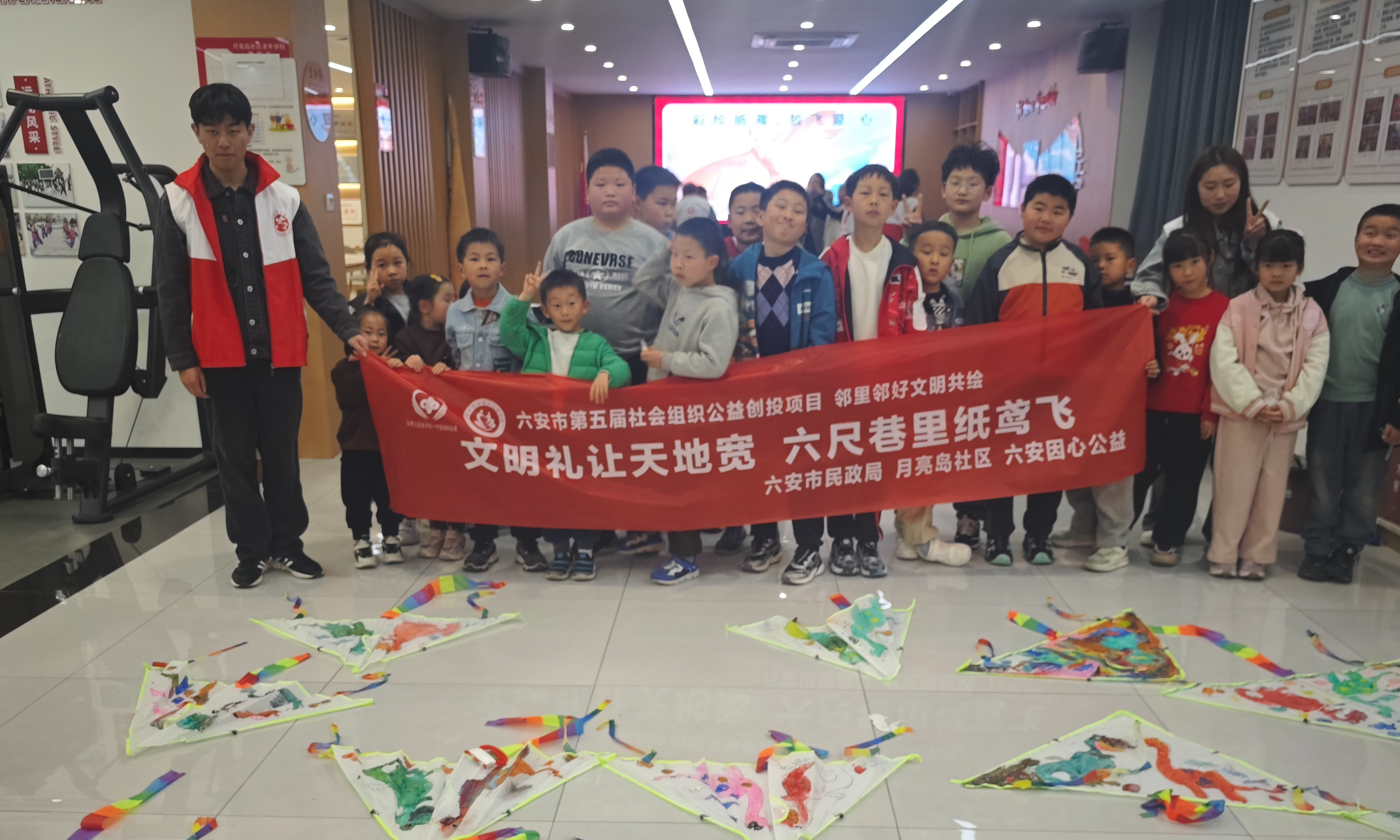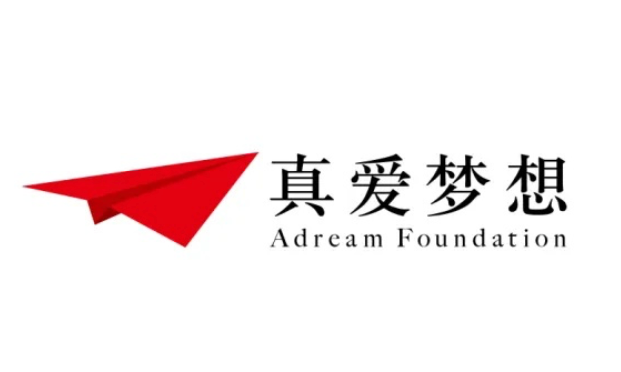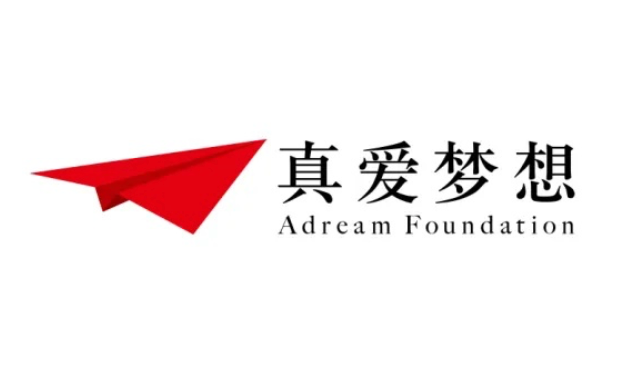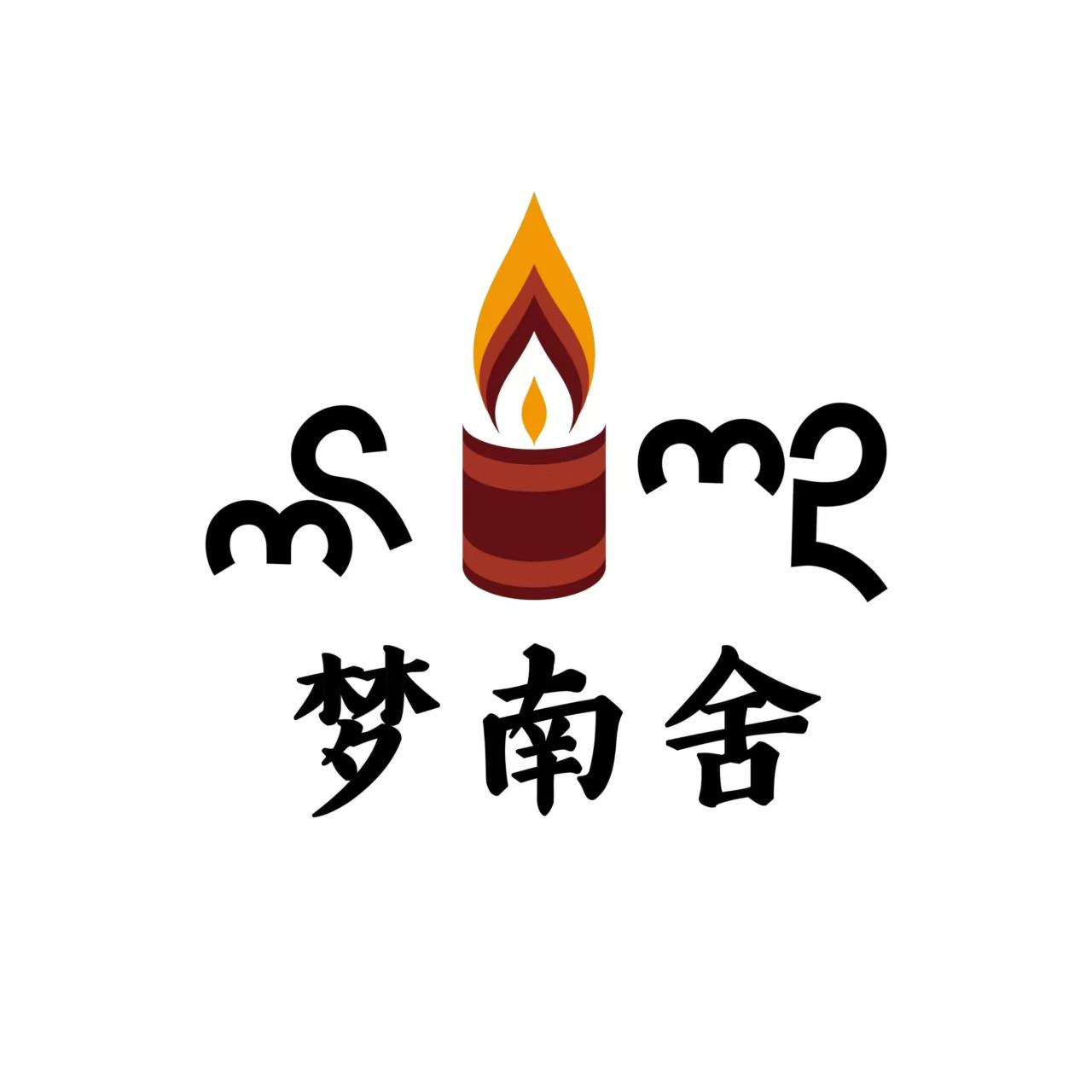 2021-02-23
2021-02-23
 237
237在非洲,偷猎者会把铁丝绕成铁丝圈置于隐蔽 的树丛中、草丛里、树冠上(针对长颈鹿), 或者绕在树干上,当动物经过时,很有可能就 会踏入这些陷阱中。当它们受惊想挣脱时,铁 丝会越勒越紧,最后很多动物会因为伤口感染 而死。在肯尼亚,每年就有近100头狮子丧命 于此。斑马、羚羊、非洲水牛、长颈鹿等动物 都会不幸“中招”。
偷猎者设置的这些铁丝网一定程度与“丛林肉” (Bushmeat)贸易有关。“丛林肉”贸易是指 买卖捕杀的野生动物,偷猎者将其混杂进牲畜 肉中,以此来赚钱,养活自己和家人。
根据本地野生动物保护组织ANAW的报告,肯 尼亚内罗毕肉类市场有40%的肉都来源于“丛 林肉”。
2014年至今,中南屋与ANAW合作,不定期招 募志愿者,前往内罗毕附近的野生动物活动地 区寻找并剪除盗猎者安置的铁丝网,并救助因 铁丝网套住而受伤的野生动物。
In Africa, poachers hide snares in the bushes, grass, canopy (targeting at giraffes), or around the tree trunks. When animals roam by, they are likely to be caught by these ’traps’. As they try to break free out of fright, the snares will clutch on tighter, and eventually many animals die of infected wounds. In Kenya, nearly 100 lions die every year from the snares, while zebras, antelopes, African buffaloes, giraffes and other animals are also often ‘caught’.
These snares are related to the Bushmeat trade, which refers to the trade of hunted wild animals. Poachers will mix wildlife with livestock meat to make money. According to a report by ANAW, a local wildlife conservation organization, 40% meat on the market in Nairobi, Kenya, comes from Bushmeat.
Since 2014, China House has been working with ANAW to recruit volunteers to work at nature reserve around Nairobi in a bid to clear the snares that poachers have placed, and to rescue wildlife injured by the snares.
影响力:
- 累计志愿者(包括肯尼亚人与中国人)近1000人。
- 累计进行超过50次反盗猎巡逻和剪除铁丝网活动,而每次为期一天的巡逻活动能剪除100多个铁丝圈套。
Impacts:
- Nearly 1,000 volunteers (both Kenyans and Chinese) participated in the project.
- Cumulatively, the students conducted over 50 anti-poaching and snare-cutting activities. On average, a day of patrol resulted in the collection of over 100 snares.
 表情
表情
 最热
最热



























